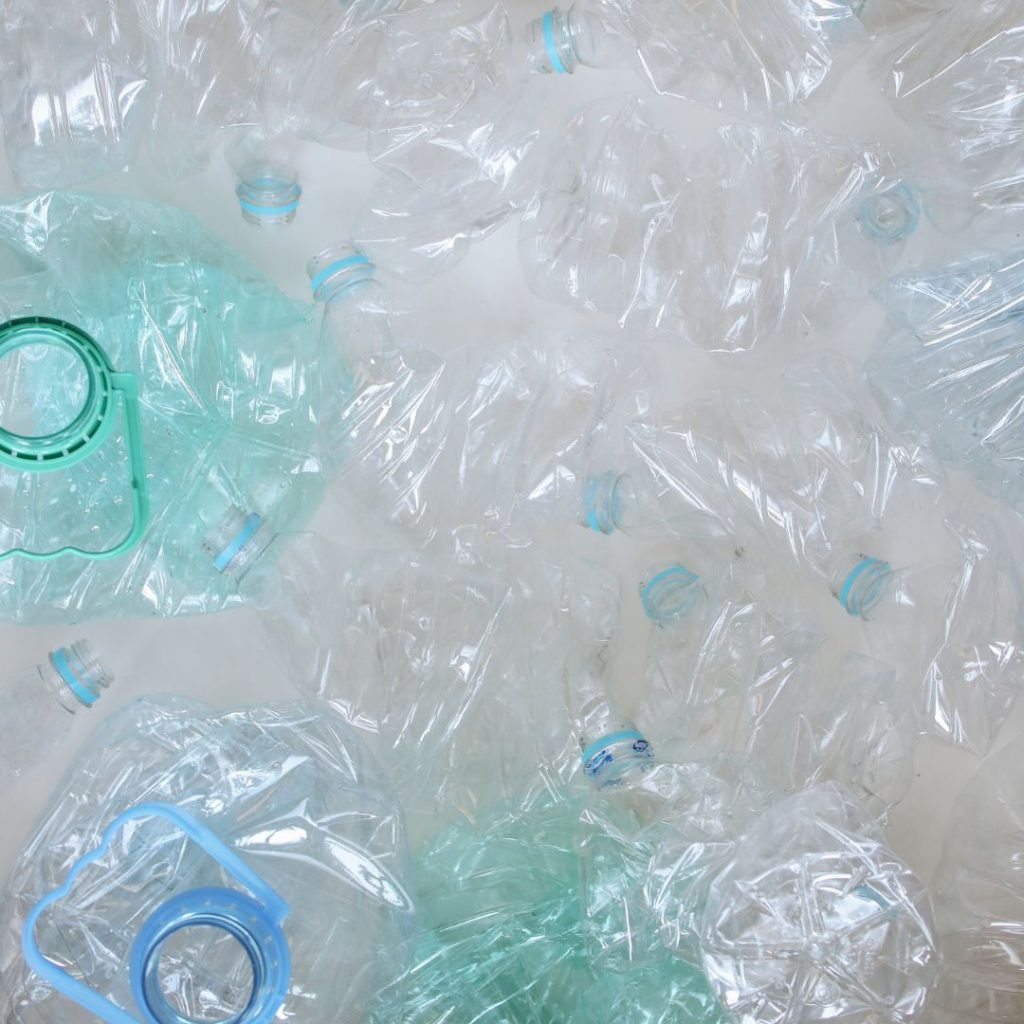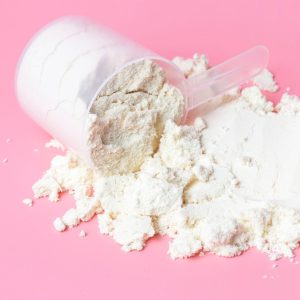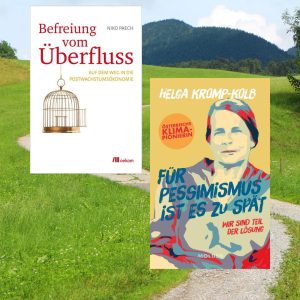Mandatory reusable quota and new deposit system for disposable bottles

On January 1, 2025, the deposit system for single-use drinks packaging will be introduced in Austria. Preparations are in full swing. In addition, from 2024, all food outlets larger than 400m² will gradually have to offer drinks in reusable packaging. Every year, more than 900,000 tons of plastic waste are produced in Austria, including around 50,000 tons of beverage packaging. That is almost 2.5 billion bottles and cans. The adopted amendment to the new Waste Management Act focuses on a one-way deposit for plastic bottles and cans as well as a mandatory reusable offer in all stores.
Increase the reusable quota again
Compared to 1995, when we still had a reusable quota of 80 percent, the current quota is 19 percent, according to the BMK (as of 2020). In recent decades, we have taken a major step backwards in this respect by abolishing the statutory reusable packaging regulations and are now gradually trying to reverse this trend.
Advantages of the mandatory reusable quota
All food retail outlets larger than 400m² must gradually offer drinks in reusable packaging from 2024. This includes all beverage categories: Beer and mixed beer drinks, mineral water, non-alcoholic soft drinks (such as soft drinks), juices and milk. By 2030, 30 percent of beverages sold in Austria are to be filled in reusable bottles.
- Freedom of choice for consumers: In future, reusable bottles will be available in every store in Austria.
- Reusable containers such as glass bottles help to significantly reduce the amount of plastic waste. They can be refilled up to 50 times - this saves energy and resources.
In order to prepare for and implement the introduction in the retail sector, the reusable obligation will be introduced gradually. From 2024, reusable packaging must be offered in at least every third branch of a company, and in 90 percent from 2025. At the end of 2025, the reusable quota will also apply to the remaining stores.
The new one-way deposit
Every sales outlet in Austria that sells beverages in PET bottles or aluminum cans to end consumers participates in the deposit system and must also take back the empty deposit containers and pay out the deposit amount (25 cents per item) to the consumer - regardless of whether it is a supermarket, bakery, drugstore or restaurant.
However, producers and importers of beverage packaging also have a major obligation. In order to be allowed to continue marketing their products, they must register them for the deposit system in good time and revise the labels and cans. For many companies, this means a major change and preparations that must be implemented by 2025.
The Deposit Ordinance defines the most important key points:
Scope and pledge amount:
- The deposit applies to all types of drinks with the exception of milk and mixed milk drinks and to all containers with a volume of between 0.1 and 3 liters.
- The standard deposit amount is 25 cents, regardless of the material or size of the container.
- All deposit containers are marked with a standardized deposit symbol .
Obliged parties:
- Producers and importers (first distributors) are obliged to collect the deposit when selling their beverages in disposable plastic or metal containers.
- Final distributors are obliged to take back empty containers; those sales outlets that take back empty containers manually (without reverse vending machines) only have to take back those containers that they offer in terms of material and size and only as much as they usually sell to individual customers.
- The costs incurred by the collection points are covered by a fee per item (handling fee) .
Advantages of the one-way deposit
- One-way deposit reduces the tax burden. According to EU regulations, 90 percent of plastic drinks packaging must be collected separately by 2029. Austria is currently at around 70 percent. The introduction of a one-way deposit will increase the recycling rate and Austria will have to pay less plastic tax to the EU.
- So-called recyclates, i.e. reprocessed plastic waste that is approved for foodstuffs, can only be obtained through single-variety collection. From 2025, PET bottles must contain 25% recyclate. Germany has already achieved a share of 40% and is thus a pioneer. Austrian beverage producers and bottlers are currently importing large quantities of food-grade recycled plastics as they are not available on the Austrian market. This is driving forward the expansion of the circular plastics economy. "The best way to reduce plastic waste is to establish and expand a circular economy. We must take advantage of the high recyclability of the material and recycle it as often as possible," says Christian Gründling, Deputy Managing Director of the Federation of the Chemical Industry (FCIO). In addition to being recycled, plastics can also be put to completely new uses through the circular economy. The ideas are many and varied. You can get a first impression of this in our article on the documentary "The circle of life".
- It will be easier for consumers to recycle correctly. Most bottles can simply be returned to the store and are then recycled.
It is important that the collection, sorting and recycling capacity for plastic packaging and single-use plastic products is increased accordingly and that a high material quality is achieved. This is also provided for in the European Plastics Pact, which Austria joined in 2020.
Manufacturer delivery
The third part of the so-called 3-point plan to reduce plastic waste in Austria is a manufacturer levy of 80 cents per kilogram of plastic packaging placed on the market. This would make the polluters responsible. We have not yet been able to find out whether this levy has already been introduced.
Our pro.earth.conclusion:
I am curious to see to what extent the 25 cent deposit will motivate people to return PET bottles. We consider the increase in the reusable quota and the reintroduction of glass bottles instead of plastic bottles to be a very sensible action, and we actually only regret that this system was ever discontinued. We also very much hope that more mono-materials will be used again for packaging purposes, as the increasingly creative composite materials - recently cardboard with wafer-thin layers of plastic - are extremely complex to separate and recycle. And we consumers often find it difficult to understand how to dispose of them.
Sources:






